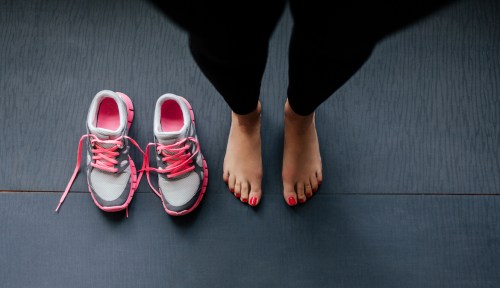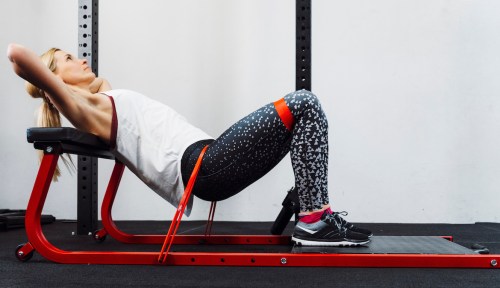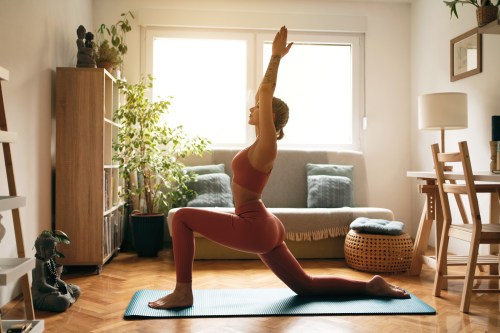The shape of my feet has been a source of affectionate joking since I was a little kid. Short, thick, and rectangular, my “tamales” were the nickname that my family gave my feet. The resemblance to the stout Mexican corn dish is really quite striking, actually.
With little discernible arch, and a history of family members who wear orthotics, it’s also been easy to assume that I have pretty flat feet. So my foot type is not a mystery: Wide and flat, a one-two punch of problems. I’ve suffered on and off for years from plantar fasciitis, lower back twinges, tight calves and hamstrings, and foot pain when I run.
Those issues have caused me to dive deep into the finer points of athletic footwear. A flat foot means I need more arch support, which calls for a stability shoe (and an insole). My curvier shape means I need more cushion when I run, so I also need high support. And if the shoe doesn’t come in “wide,” fuhgeddaboutit.
You can determine all of this for your feet by conducting a few simple tests laid out in Well+Good’s guide to the best footwear for your foot shape. Going into an athletic shoe store and speaking with a knowledgeable store associate can also help you find the glass slipper for your unique tamale. But now, athletic shoe stores actually have more technology at their disposal to uncover your foot’s unique shape and needs.
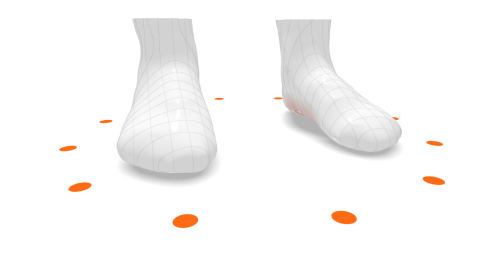
Photo: Rachel Kraus
I got to try one of these high-tech tools for myself: The Fit Finder at Road Runner Sports, which I got to test out at the chain’s Torrance, California, location. The Fit Finder creates a digital 3D model of your foot, and a gait analysis done on a treadmill will help you understand the way you walk. With this data, the Fit Finder will suggest models that suit your needs, and store associates will help you pair the suggestions with what actually feels good.
Considering how much time and energy I’ve spent thinking about my feet, what more could this tech really tell me? I was actually shocked by some of the findings.
What it’s like to do a foot and gait analysis on the Fit Finder at Road Runner Sports
The first step is hopping on a treadmill for a gait analysis. You walk at a normal speed for a few minutes, with your steps filmed from behind.
Next, you get on the Fit Finder, where small cameras are actually able to map your feet in 3D.
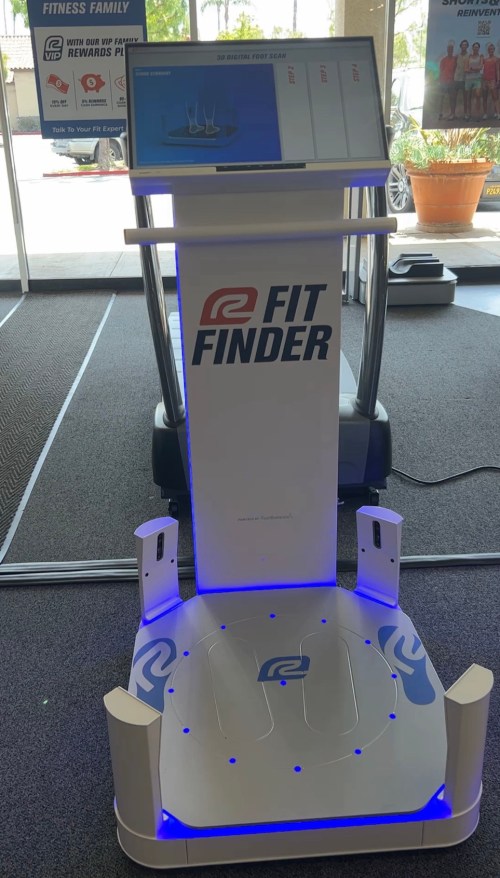
From the gait analysis, the store associate was able to tell me one of my biggest issues came not from my flat feet—but from the fact that, apparently, I have flexible ankles. I have a low arch, but it does exist! But the combination of flexible ankles with the low arch is what really causes me to pronate, putting undue pressure on the inside of my foot. On the monitor, I could actually see my ankles bowing in. Who knew?!
The next surprise was that my feet are actually quite uneven. My right foot is half an inch longer than my left. Pain does always seem to start in my left foot first, so it’s possible that my right shoe typically fits a little better.
Finally, I’ve been wearing size 7s ever since I graduated from kid sizes. But the Fit Finder said that I’m actually better suited to a size 6.5.
Fit Finder sends these results to you in an email, but it was useful to go through them with a store associate at Road Runner. He was able to explain the pronation issues, and speak with me about what my needs are based on what kinds of exercise I do and what kinds of problems I run into.
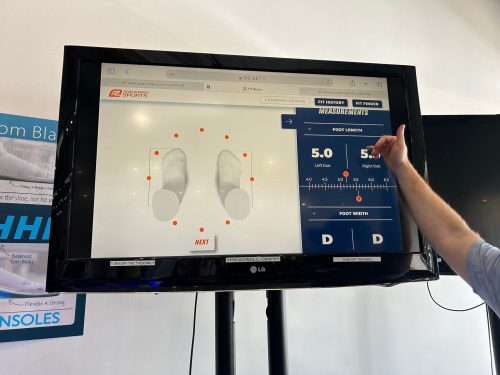
To put these learnings into action, I needed a custom orthotic. I stepped onto a previously heated orthotic placed on a cushy surface. The cushioning allowed me to press down with the full weight and shape of my foot on the orthotic, imprinting the shape of the bottom of my foot onto the malleable orthotic, which then cooled and hardened.
Finally, I got to choose my shoes. Fit Finder suggested I try the Brooks Glycerin GTS 20 and the Asics Gel-Kayano 29. I liked the feel of the Asics better, but felt that the toe area was a little too narrow. A store associate brought out a slightly different model, the Asics GT 2000-11, which fit my foot like a glove. There was no heel slipping, like I usually get, and the shoes had a stable yet bouncy feel.
Alas, it did not solve all my foot woes. A consultation with a doctor has suggested that my difficult feet might actually require some physical therapy to deal with the tightness that’s causing a lot of my pain. While I can’t say that the Fit Finder was a magic solution, it did help me learn more about my feet and my gait, and figure out some ways to make my life less difficult, shoe-wise. That certainly puts a spring in my step.
Sign Up for Our Daily Newsletter
Get all the latest in wellness, trends, food, fitness, beauty, and more delivered right to your inbox.
Got it, you've been added to our email list.
